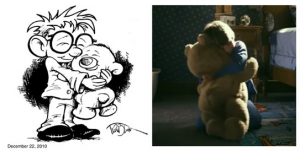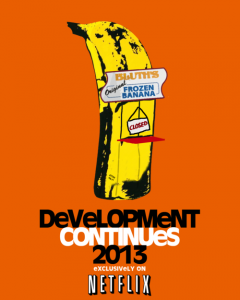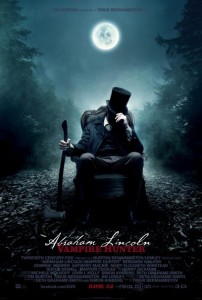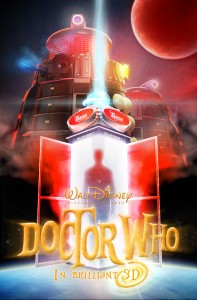
There has been a lot of talk over the last few years about a potential Doctor Who movie. Rather a lot of people seem to think this is an absolutely terrible idea, and given the track record I don’t particularly blame them.
Perhaps even worse is that the potential for a Doctor Who movie to be an awful mess is not only a worst-case scenario for fans, but also a very real possibility: Last year Harry Potter director David Yates claimed he was actively working on a Doctor Who movie that would be starting “from scratch,” and the year before that Russell T Davies shot down a rumour that Johnny Depp would be starring in a movie as a version of the Doctor, travelling around the world, curing diseases and fighting Daleks.
Adding insult to injury, I recall reading somewhere that Davies actually liked the idea proposed by the rumour, though I can’t find anything about that online. If the man responsible for Doctor Who‘s triumphant return truly believes that such an awful, awful idea is actually worthy of consideration, then the good Doctor’s cinematic future does not look especially bright.
We all know what the fans want – they want something connected to the TV show. They want something that serves connects to the series in much the same way the X-Files movie was a part of the TV show continuity (though X-Files: Fight the Future might not be the best example). They want a movie featuring the current Doctor, whomever that may be at the time, ad his current companions.
That’s a pretty good list – and we know it’s good, because current showrunner Steven Moffat wants exactly the same thing – but the fans probably wouldn’t stop there. They’d likely want to see some, or all, of the Doctor’s greatest foes – the Daleks, the Cybermen, the Master, the Sontarans, the Weeping Angels, the Silurians, the Ice Warriors. They’d probably want to see multiple incarnations of the Doctor. They’d want something rife with canon ejaculate, a celebration of everything Doctor Who is.
Which is entirely the wrong way to go with it.
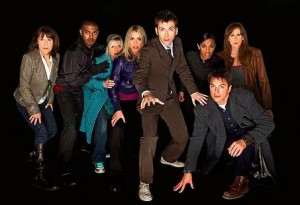
Let’s face it, if fans got everything they wanted we’d probably end up with something not too dissimilar from “The Five Doctors”, which is a fun story but not especially well-written, or something along the lines of “The Stolen Earth”/”Journey’s End,” which is a tangled mess of comic-book style crossover that lacks a good pay-off and isn’t able to properly accommodate all of the characters that have been shoehorned into the narrative.
So, what’s the logical middle-ground? A Doctor Who movie would need to be big bold, brash and every bit the spectacle of the television series, existing within the continuity of the television series but not necessarily drawing heavily from it so as to serve as a jumping-on point for potential newcomers. It would need to stand alone as a story, basically, complete with a unique villain or threat that hadn’t been seen in the television series before.
Basically, it would need the same approach that Moffat takes to writing his Christmas specials.
Steven Moffat has commented on the structure of the Christmas stories; that you have to write for a different audience when writing for a show that’s going out on Christmas day – the core of the Doctor as a man who arrives in the TARDIS and fixes things must be preserved, but beyond that the story needs to work for people who have never seen the show before. Great Christmas television takes precedence over a great episode of Doctor Who, and while some of the best Doctor Who stories include episodes like “The Christmas Invasion” and “The Next Doctor”, one cannot argue that these do not make for especially good Christmas day viewing to anyone who isn’t already a fan of the series.
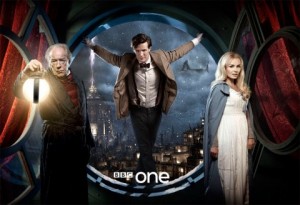
Obviously I’m not suggesting that a Doctor Who movie be a Christmas affair or be devoid of scifi elements, and obviously Moffat’s Christmas offerings so far have been far from feature quality (the only Christmas special I think would make a halfway decent movie is probably “Voyage of the Damned”, which isn’t even the best Christmas special), but I feel Moffat’s approach to the Christmas episodes would be ideal for a feature film. Fuse that with the sort of storytelling we saw in “The Pandorica Opens”/”The Big Bang” or “Silence in the Library”/”Forest of the Dead” and I think we’d have a pretty solid Doctor Who movie on our hands.
Just don’t let David Yates anywhere near it. Please. For the love of Glod.

